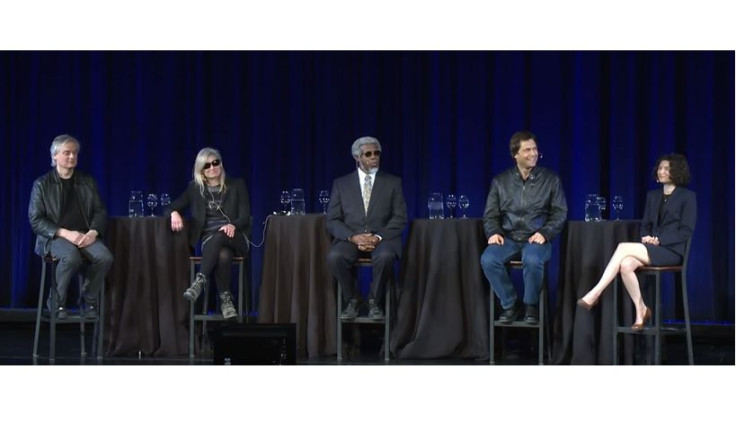A growing number of scientists have been seriously contemplating what most people have only wondered in passing: is our world real or are we merely a part of a simulation like a video game? The answer does not exist, but the theory has been fiercely debated amongst experts and amateurs alike. On Tuesday, Neil deGrasse Tyson hosted a debate at New York City’s American Museum of Natural History on this very issue, where panelists weighed in on the controversial topic.
One panelist at the event -- Zohreh Davoudi, a theoretical physicist at MIT -- proposes in her work that physical limitations should exist and be measurable if the universe is a simulation. To many, the idea of an unreal reality can be frightening but to Davoudi, it is a “fun idea.”
“If you look at how these quarks move around, the rules are entirely mathematical as far as we can say” said Max Tegmark, a cosmologist at Massachusetts Institute of Technology. “That makes me wonder if I were a character in a computer game that started asking the same kind of big questions about my game world, I would also discover eventually that the rules seemed completely rigid and mathematical.”
But not all see eye to eye with Davoudi and Tegmark. Lisa Randall, a theoretical physicist at Harvard University, maintains that the question posed is only worthwhile if it can be tested. “ Really, at first approximation we can't distinguish it,” said Randall. “So I think the interesting question is why do we feel compelled to want this to be true or even think this could be true?”
The idea of the world being a simulation dates back to Plato’s days, where the philosopher's allegory of the cave explored the possibility that the world is a simulation. In 2003, Nick Bostrum, an Oxford philosopher, published a statistical argument that implied that we live in a simulation.

















